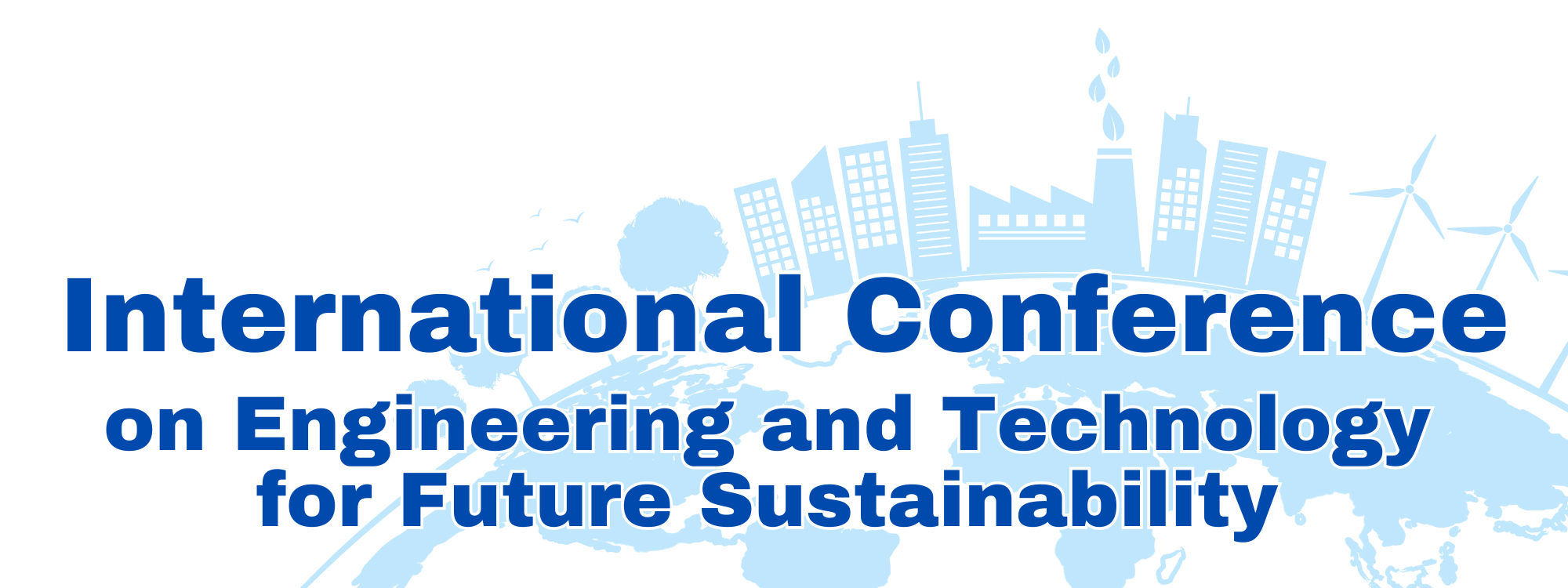
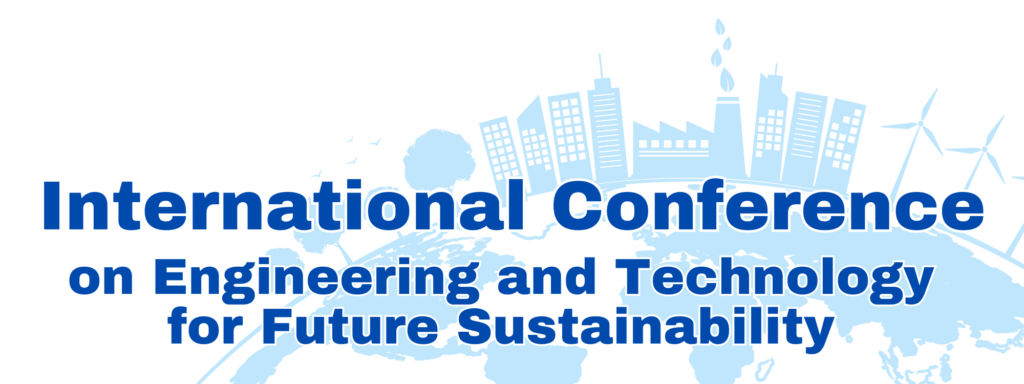
“Advances in Engineering and Technology Toward Sustainable Development”

🗓️ November 27-29, 2025 | 📌 De La Salle University, Manila, Philippines
This conference serves as a platform for scholars, practitioners, and policymakers to share knowledge, exchange ideas, and foster solutions that align with the United Nations Sustainable Development Goals (SDGs), ensuring that no one is left behind.
About the Conference
Background
The conference aims to bring together leading researchers, academicians, industry professionals, and policymakers to exchange and share their experiences, innovations, and research results in the fields of engineering and technology. The conference will serve as a global platform to discuss sustainable development challenges and explore how advancements in engineering and technology can contribute to building a resilient, inclusive, and eco-friendly future.
Days before the Conference
Important Dates
- Start of Registration: April 5, 2025
- Start of Paper Submission: April 5, 2025
- Paper Submission Deadline (Phase 1): April 30, 2025
- Paper Submission Deadline (Phase 2): June 5, 2025
- Paper Submission Deadline (Phase 3): Aug. 5, 2025
- Notification of Paper Acceptance: Sep. 5, 2025
- Final payment Deadline: September 10, 2025
- The Camera-Ready Deadline: April/June/August 2025
Conference Date:
🗓️ November 27-29, 2025
Conference Venue:
📌 De La Salle University, Manila, Philippines
Conference Convenors
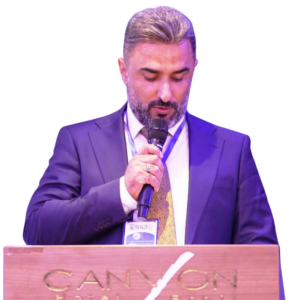
Prof. Dr. Ahmed J. Obaid
University of Kufa
Iraq
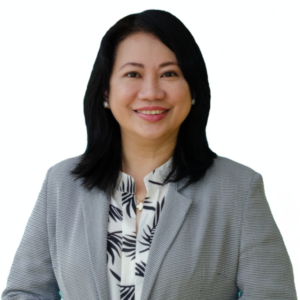
Prof. Dr. Fides del Castillo
De La Salle University
Philippines
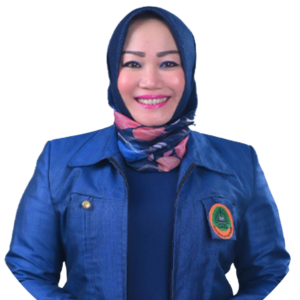
Prof. Dr. Muthmainnah
Universitas Al Asyariah Mandar
Indonesia
Keynote Speakers
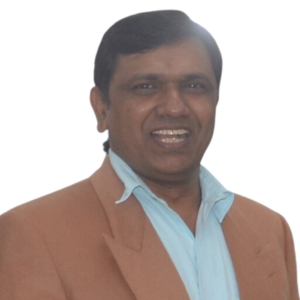
Dr. Inna Reddy Edara
Fu Jen Catholic University
Taiwan
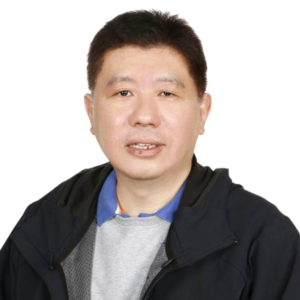
Dr. Gregory Ching
National Chengchi University
Taiwan
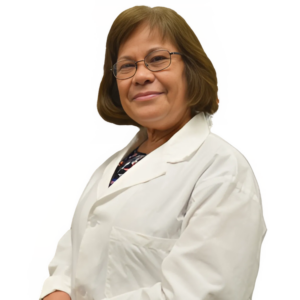
Dr. Evangelyn Alocilja
Michigan State University
USA
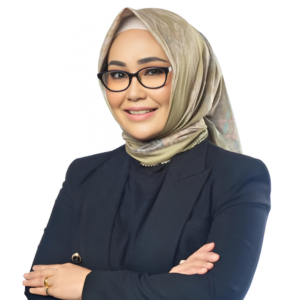
Dr. Sri Rezeki, SE.M.Si
STIE Eka Prasetya
Indonesia
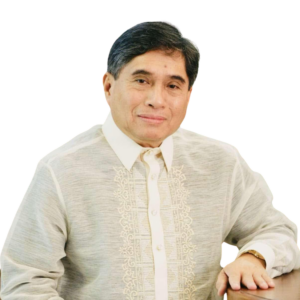
Dr. Nilo T. Bugtai
De La Salle University
Philippines
Call for Papers
“Advances in Engineering and Technology Toward Sustainable Development”
Focus and Scope
The conference aims to bring together leading researchers, academicians, industry professionals, and policymakers to exchange and share their experiences, innovations, and research results in the fields of engineering and technology. The conference will serve as a global platform to discuss sustainable development challenges and explore how advancements in engineering and technology can contribute to building a resilient, inclusive, and eco-friendly future.
We invite scholars, educators, industry professionals, and policymakers to participate in this global dialogue. Together, let us explore groundbreaking ideas and create impactful solutions for a sustainable and inclusive future.
All submitted full papers will go through a blind review process, and each submitted article will be reviewed by a minimum of two peer reviewers. After acceptance of the article, at least one author is supposed to register and present the paper physically or virtually.
Sub-themes
The conference welcomes studies related to, but not limited to, the following themes:
Track 1: Sustainable Infrastructure & Green Construction
Smart and eco-friendly building materials
Energy-efficient design and renewable integration
Sustainable water systems and resilient urban infrastructure
Waste valorization and circular economy solutions
Track 2: AI & IoT for Environmental Sustainability
AI-driven solutions for energy and resource optimization
IoT-enabled climate and pollution monitoring
Robotics and automation for sustainable production
Smart city technologies for low-carbon urban living
Track 3: Next-Gen Renewable Energy Systems
Innovations in solar, wind, and geothermal power
Hydrogen economy and advanced energy storage
Carbon capture and utilization (CCUS) for decarbonization
Next-generation biofuels and sustainable energy transitions
Track 4: Sustainable Mobility & Transport Innovations
Electric vehicles and next-gen battery breakthroughs
Intelligent transport systems for reduced emissions
Green fuels and sustainable aviation/maritime tech
Autonomous and shared mobility for eco-friendly transit
Track 5: Climate Resilience & Environmental Protection
Climate adaptation and disaster-resilient engineering
Advanced air/water pollution control technologies
Tech-enabled biodiversity and ecosystem restoration
Real-time environmental hazard detection and response
Track 6: Industry 4.0 for Sustainable Manufacturing
Green supply chains and low-impact production
3D printing for waste reduction and material efficiency
Blockchain for sustainable resource tracking
Digital twins and AI in lifecycle assessment
Track 7: Policy, Education & Global Green Transition
Engineering curricula for sustainability leadership
Policy frameworks and regulations driving green tech adoption
Public-private partnerships for scalable sustainability
Global standards and certification for eco-innovation
Conference Fee
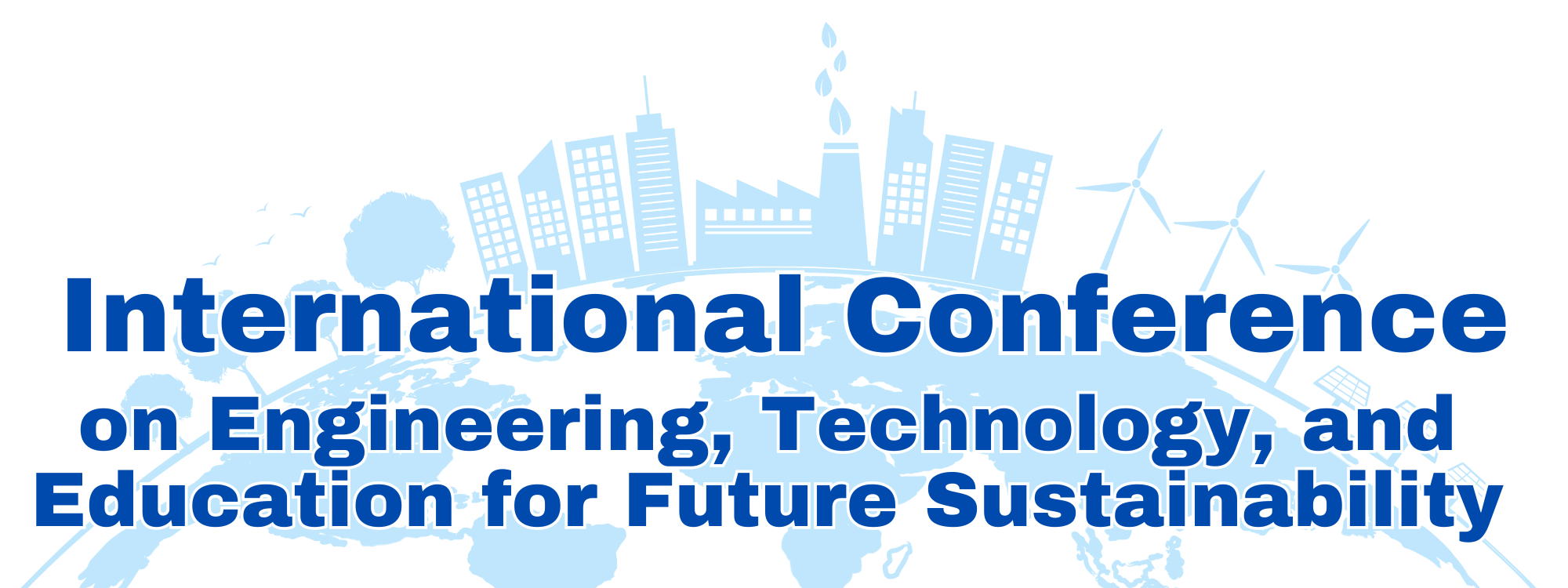
Payment Details:
Bank Name: Bank of the Philippine Islands (BPI)
Account Name: Lumina Foundation for Integral Human Development, Inc.
Account Number: 233 1000 232
Swift Number: BOPIPHMMXXX
| Classification | HS/ UG Student | Professional |
|---|---|---|
| Participant (Online) Participant (In-Person) | $40 $60 | $80 $160 |
| Presenter (Online) Presenter (In-Person) | $50 $80 | $100 $180 |
| Additional Fee for Publication | $500 | $500 |
Conference Committees
| Conference Committee Position | Full Name | Affiliation |
|---|---|---|
| General Chair | Dr. Ahmed J. Obaid | University of Kufa, Iraq |
| Dr. Fides del Castillo | De La Salle University, Philippines | |
| Dr. Muthmainnah | Universitas Al Asyariah, Mandar, Indonesia | |
| Program Chair | Dr. Nilo T. Bugtai | De La Salle University, Philippines |
| Dr. Francisco Emmanuel Munsayac III | De La Salle University, Philippines | |
| Prof. Cristina Macascas | Philippine Normal University, Manila, Philippines | |
| Conference Patrons | Network of Professional Researchers and Educators | |
| Consortia Academia | ||
| Evelyn D. Ang – Institute of Biomedical Engineering and Health Technologies (EDA-IBEHT) | ||
| Financial Chair | Ms. Pearl Policarpio | Lumina Foundation, Inc. |
| Steering Committee | Mr. Clarence Darro del Castillo | Lumina Foundation, Inc. |
| Dr. Felisa Marbella | Sorsogon State University, Philippines | |
| Dr. Sri Rezeki, SE.M.Si | STIE Eka Prasetya, Indonesia | |
| Dr. Kumaran Gengatharan | Institut Pendidikan Guru, Malaysia | |
| Dr. Alesa Durgaryan | Armenian State Pedagogical university, Armenia | |
| Prof. Dr. Adriana Schiopoiu | University of Craiova, Romania | |
| Prof. Dr. Luis Miguel Cardoso | Polytechnic Institute of Portalegre, Portugal | |
| Prof. Dr. Souvik Pallndia | Global Institute of Management and Technology, India | |
| Technical Program Committee | Mr. Renniel Jayson Jacinto Rosales | De La Salle University, Philippines |
| Organizing Committee | Dr. Noelah Mae Borbon | National University – Lipa Campus, Philippines |
| Dr. Lita Bacalla | Cebu Normal University, Philippines | |
| Dr. Inna Reddy Edara | Fu Jen Catholic University, Taiwan | |
| Prof. Dr. Eng. Zdzislaw Polkowski | Jan Wyzykowski university, Poland | |
| Prof. Dr. Alex Khang | Global Research institute of Technology and Engineering, North Carolina, USA | |
| Prof. Walid Tawfik | Cairo University, Egypt | |
| Dr. Ali Said Al-Matari | A’Sharqiyah University, Oman | |
| Publicity Committee | Dr. Phan Bao Gian | University of Economics and Finance, Vietnam |
| Dr. Vinnaras Nithyanantham | UniCaf, Cyprus | |
| Souvic Ganguli | Thapar Institute of Engineering and Technology, India | |
| Dr. Shafiq ur Rheman | University of Doga Science and Technology, Qatar | |
| Mr. Jefferson Marcelo | Makati University, Philippines | |
| Somenath Chakraborty | West Virginia University Institute of Technology, USA | |
| Imane Khaouja | University of Kent, United Kingdom | |
| Publication Committee | Dr. Gregory Ching | National ChengChi University, Taiwan |
| Prof. Thomas Efferth | Johannes Gutenberg University, Mainz, Germany | |
| Prof. Jesus Cuauhtemoc Tellez Gaytan | Technology De Monterrey, Mexico | |
| Zineb Said | Information Technology Service Continuity Management Architect at United States Steel (US Steel), USA | |
| Toufik Mzili | Chouaib Doukkali University, Morocco | |
| Mariyam Ouaissa | Chouaib Doukkali University, Morocco |
Participating Countries
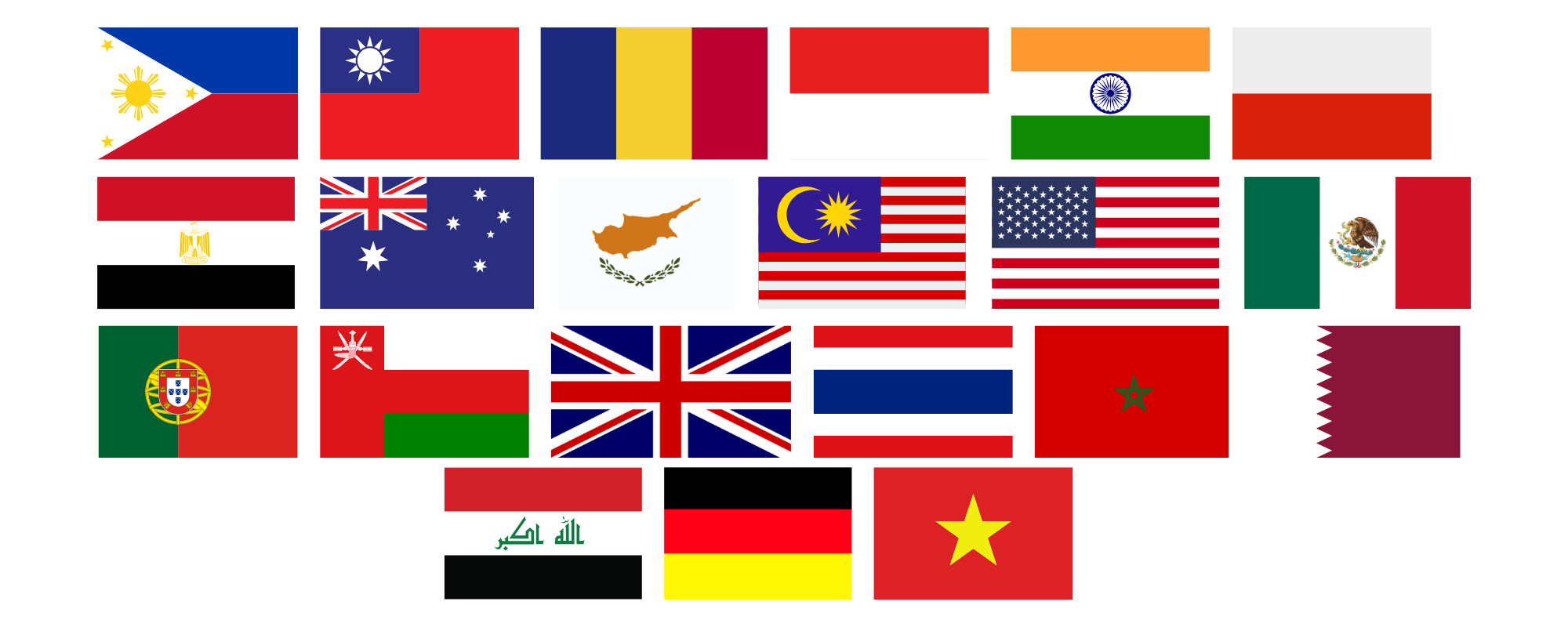
Conference Organizer

Lumina Foundation for Integral Human Development, Inc.
Lumina Foundation for Integral Human Development, Inc. is located at Calamba City, Province of Laguna, Philippines.

National University – Lipa Campus
National University is located in the Philippines with different campuses across the country.
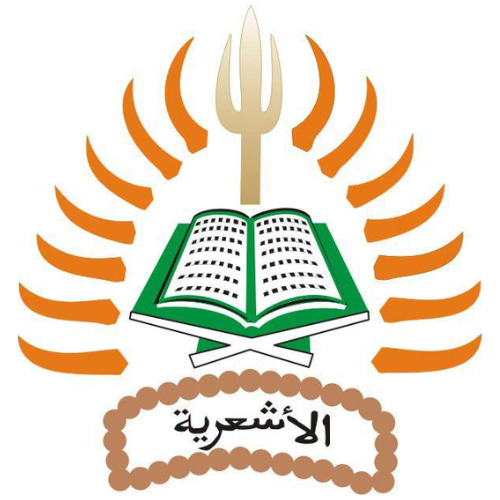
Universitas Al Asyariah Mandar
Universitas Al Asyariah Mandar is located in Malunda, Indonesia

Evelyn D. Ang – Institute of Biomedical Engineering and Health Technologies (EDA-IBEHT)
The Evelyn D. Ang – Institute of Biomedical Engineering and Health Technologies (EDA-IBEHT) is located in De La Salle University School of innovation and Sustainability, Laguna Campus, Philippines.
About the Organizers
Lumina Foundation for Integral Human Development
Founded in 2016 under the leadership of Mr. Clarence del Castillo, MBA, Lumina Foundation for Integral Human Development, Inc. was established as a beacon of transformative learning and community engagement. Recognizing the need to bridge academic research with real-world impact, the foundation was conceived as a non-stock, non-profit organization dedicated to supporting individuals in their scholarly pursuits and fostering meaningful community partnerships. From its inception, Lumina Foundation has served as a catalyst for intellectual growth and social innovation. It provides scholars, researchers, and practitioners with opportunities to present their work at international conferences and publish in refereed academic journals, ensuring that knowledge is not only generated but also disseminated for the benefit of society. Through its initiatives, the foundation seeks to create a dynamic platform where ideas flourish, collaborations emerge, and solutions to contemporary challenges are explored. At the heart of Lumina Foundation’s mission is the unwavering commitment to unlocking the full potential of human flourishing. It aspires to empower individuals, organizations, and communities by equipping them with the necessary tools, knowledge, and resources to thrive in an ever-changing global landscape. (Source: https://lumina-foundation.com/history/)
National University-Lipa Campus
For more than 120 years, National University, Philippines has been recognized for its academic excellence which has formed the country’s most successful movers and shakers in various industries. We are in the business of securing your future and elevating the future of our nation through Education that works. Responding to the needs of industry and modern technology,
the University modernized and started offering these courses in the 1990’s: Computer Science, Marine Engineering, Computer Engineering and Electronics and Communications Engineering. College of Nursing was offered in 2004, Hotel and Restaurant Management in 2008 and Information Technology in 2009. In the last quarter of 2008, the SM Group of Companies
acquired majority ownership of the National University. The all-out support of the SM Group strengthened the university further as a higher education institution with the building of new infrastructure, with its improved and upgraded laboratory, all of which are focused in academic excellence. (Source: https://national-u.edu.ph/about/)
Evelyn D. Ang – Institute of Biomedical Engineering and Health Technologies (EDA-IBEHT)
The Evelyn D. Ang – Institute of Biomedical Engineering and Health Technologies (EDA-IBEHT) was established to address the need for common service facilities and support on health technologies development, a platform of exchange of information between engineering and medical counterparts, and a capacity building program to capacitate experts needed in biomedical engineering research. (Source: https://www.dlsu.edu.ph/research/research-centers/ibeht/)
Universitas Al Asyariah Mandar
Al Asyariah Mandar University (UNASMAN) has long historical roots since 1975, starting from the establishment of the Polmas Teacher Training and Education College (STKIP) and the Polmas College of Agricultural Sciences (STIP). These two institutions were then merged into Al Asyariah Mandar University in 2004 based on the Decree of the Minister of National Education Number 59/D/O/2004 dated April 27, 2004. This process was initiated by the late Prof. Dr. K.H. Sahabuddin, an educational figure and prominent scholar from Mandar. The inauguration of UNASMAN was carried out by President Megawati in the same year, making it the first university in the Mandar region to organize higher education based on the integration of general science and Islamic values. To realize a larger and integrated university, the Al Asyariah Mandar Foundation was established in 2002 with a deed of establishment Number 02 dated September 2, 2002. This foundation is asking for the merger of STKIP and STIP, plus four new study programs, namely Government Science, Communication Science, Informatics Engineering, and Public Health. UNASMAN was finally officially established in 2004 with six faculties and twelve study programs. (Source: https://www.unasman.ac.id/halaman/detail/sejarah-universitas-al-asyariah-mandar-unasman)
Conference Venue
📌De La Salle University, Manila, Philippines
De La Salle University was established in 1911 by the Catholic teaching congregation Brothers of the Christian Schools (FSC, from the Latin: Fratres Scholarum Christianarum). The congregation was founded in 1680 as a community of consecrated laymen by St. Jean-Baptiste de La Salle to conduct, “together and by association,” schools that he established first in the northern French city of Rheims, to touch the hearts particularly of poor children, and to inspire them with the Christian spirit. De La Salle’s vision of teachers who “teach minds, touch hearts, and transform lives” led him to document the best practices that would guide the Brothers in their conduct of schools, to introduce pedagogy that could be characterized as distinctly modern, and in 1685, to put up the first ever normal school. De La Salle was canonized on May 24, 1900, and in recognition of the educational innovations he pioneered that are carried on by the congregation he had founded, he was declared as the Patron Saint of Teachers by Pope Pius XII on May 15, 1950. (Source: https://www.dlsu.edu.ph/inside/history-and-traditions/)
International Academic Partners



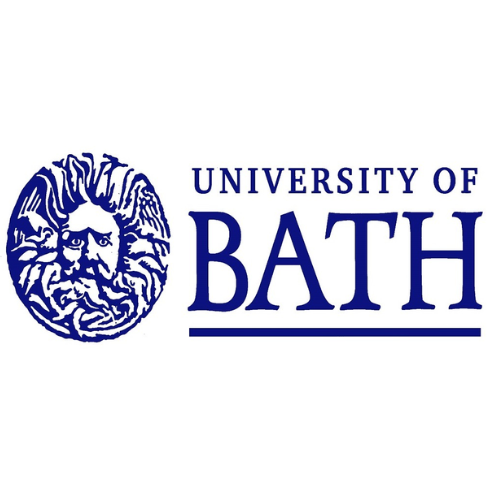
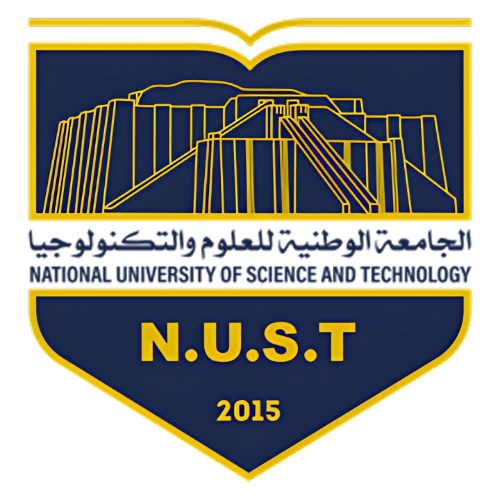
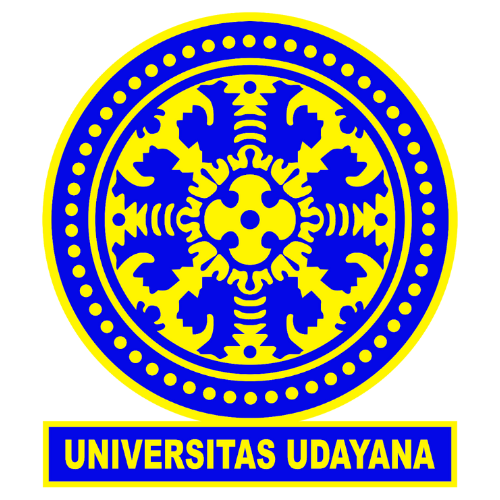
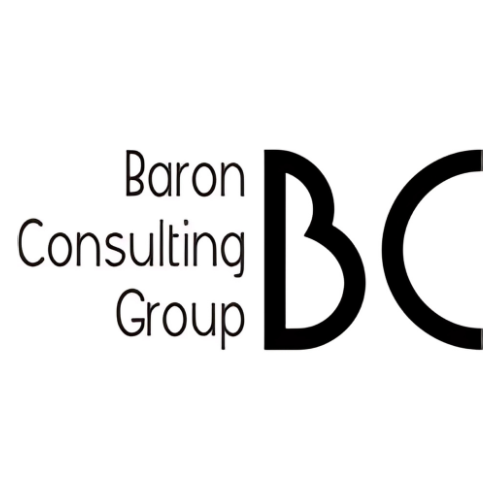
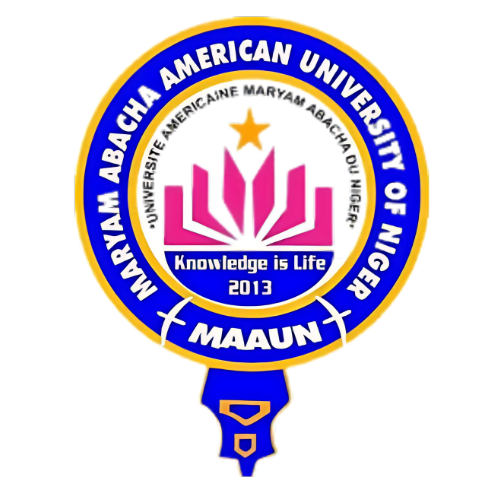

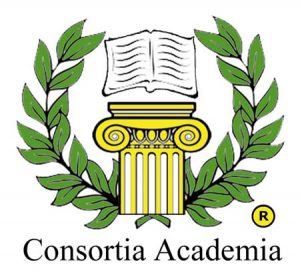

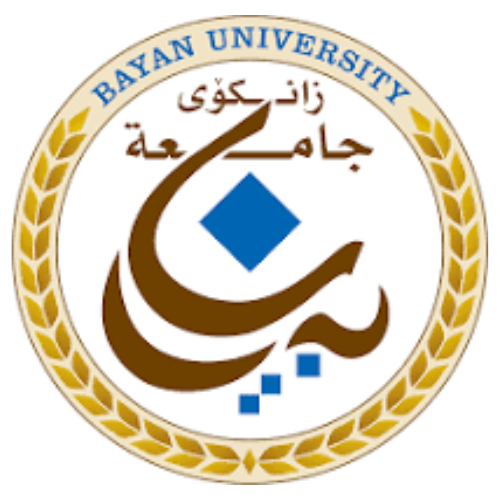

Conference Guidelines
Registration Guidelines
-All registrations include the admission to all technical sessions and E-proceeding.
-At least one author must register to include the paper in the conference.
-Please note that a paper will be considered for presentation/publication only when at least one full registration is received against that paper.
-Any accepted paper included in the final program is expected to have at least one author attend and present the paper at the conference.
-The allowable pages in the camera-ready paper are 6-10 pages.
-There will be no refunds of registration fees under any circumstances once a paper is accepted and registered by the authors.
-The publication partner reserves the right to exclude any paper from the publication if it does not meet their quality standards. add registration
You may Register via: https://tinyurl.com/ICETEFS
Submission Guidelines
-The manuscript should fall under the scope and allied areas/tracks of the conference. TPC has the full right to determine the scope before recommending the paper for review.
-Simultaneous submission means where the same manuscript is submitted to multiple conferences at the same time. We do not encourage authors to go for simultaneous submissions. TPC’s decision will be final in such cases.
-Papers with maximum 20% similarity report will be considered for the review process (excluding Bibliography)
-Formatting instructions for all papers: they must be written in English and use standard single column conference templates. Only PDF files will be accepted for the review process. We will follow a double-blind review process.
-All papers will go through a rigorous, double-blind reviewing process. At least one author of an accepted paper will have to register at the conference (full registration required) in order to submit the final version. All papers accepted and presented at the conference will be submitted to further publication.
-The manuscript must be in English and must follow single column format with single-spaced, ten-point font in the text.
-Authors MUST submit their papers electronically using Microsoft CMT service
-The Microsoft CMT service was used for managing the peer-reviewing process for this conference. This service was provided for free by Microsoft and they bore all expenses, including costs for Azure cloud services as well as for software development and support. Agreement accepted
Peer Review Policy
-The ICETEFS-2025 conference review process follows a double-blind review. The plagiarism check committee initially verifies the submitted paper for plagiarism using the iThenticate plagiarism detection tool. A maximum of 20% similarity with proper citations is permitted before initiating the review process.
-Each paper will be reviewed by a minimum of three reviewers, all of whom are subject experts. A maximum of 3 papers will be assigned to a single reviewer.
-The papers will be selected on the basis of technical quality, relevance to theme of the conference, originality, significance, and clarity which will undergo double blind peer review process shall be considered for publication in the conference proceedings. The review process will be organized by a strong team of both national and international technical committee members having specialized field of domains.
-The Microsoft CMT service was used for managing the peer-reviewing process for this conference. This service was provided for free by Microsoft and they bore all expenses, including costs for Azure cloud services as well as for software development and support. Agreement accepted.
-The following is the acceptance criteria for papers in the First International Conference on Engineering, Technology, and Education for a Sustainable Future (ICETEFS-2025).
-The paper’s relevance to the conference’s themes: The authors have to make sure that the paper should relate to the conference’s core themes or any other works within scope of conference domains. Ideally, the paper should address the issues, the works, or the advancements in these areas.
-Originality and Innovation: The submissions have to be completely original works that are not published or under review elsewhere. Moreover, submissions must present some novel ideas, methods, or applications within their domains.
-Technical Depth and Contribution: The paper must present some technical in-depth work and also some substantial contribution to the field, such as the proposed methods, frameworks, systems must be well-delineated and it should advance or improve the existing work.
-Methodology and Validation: The research methodology must be very robust and well described, and it should be suitable for the study, and the research results must be verified.
-Clarity of Presentation: The paper should be very well structured with a good introduction, literature review, methodology, results, discussions, and a conclusion. It should be very well-written with minimum grammatical errors and it should be comprehensible to the conference’s target audience.
-Ethical Consideration: It must consider the Ethical considerations, especially for sensitive topics such as AI, healthcare, and data privacy, etc., and it should follow the Ethical guidelines, for example, providing good citation and not writing a biased report.
-Comprehensive literature: It should contain a comprehensive literature survey and find the gaps in the existing literature and how the proposed work is filling those gaps and has to have proper citation and references as per conference template.
-Quality of result and analysis: The quality of the result has to be provided with different graphs, charts, tables, or visual tools to present the results. The analysis has to be done efficiently to give more insights from the result and also state the limitations using the result.
Submission Guidelines
As the final process, all the submissions must adhere to the conference’s submission guidelines related to the page limit, font style, and other requiring things and also should be submitted within the deadline specified.
To ensure the ethical quality of the submission, the reviewer follows the below criteria:
-Originality: Paper must be original, and not plagiarized. All references should cite correctly and properly.
-Ethical Practice: Transparency related to the collection, use, and sharing of data. The author must disclose any potential conflict of interest.
-Data Integrity: Authors need to ensure the integrity of their data and methods. The paper should have accurate, reliable, unmanipulated data.
-Acknowledgment: Authors should be acknowledged, and credit should be given to funding sources, institutions or individuals, etc.
-Disclosure of Funding and Conflicts of Interest: The author must disclose any funding sources, and any financial or nonfinancial conflict of interest.
-Compliance with Conference Policies: Authors should follow conference policies. In the event of substantial ethical concerns, author agreement to publish corrections or retractions.
Reviewers will give Suggestions in three parts:
a. Mandatory changes / corrections
b. Possible modifications for betterment
c. Suggestions for extending the work in future (for implementing while submitting in journal special issues of the conference)
Role of the reviewers will comprise:
- Strict and rigorous review process for papers received.
- Peer reviewers will identify and point out gaps in concern paper which require explanation or additional work or validation.
- Valid suggestions for authors of contributed papers for further improvement.
- Compromise will not be entertained in consideration or acceptance of paper.
- Papers will be rigorously evaluated based on novelty, significance, clarity, relevance, and repeatability.
Plagiarism Policy
Before submitting a paper, authors must check for plagiarism using licensed plagiarism detection software such as Turnitin or iAuthenticate.
The amount of similar content should not exceed 20%, whether it is the author’s own work or someone else’s (excluding references section).
Additionally, authors must adhere to ethical guidelines for publication, including avoiding self-plagiarism or plagiarism from other sources.
If a model, concept, figure, table, data, or conclusive comment from previously published work is used in the article, proper citation to the original work is necessary.
If a high level of plagiarism is detected at any stage, the paper may be rejected from publication and no refund or adjustment of fees will be provided.
If authors use already published material such as tables, data, figures, or diagrams from their own or others’ publications, they must obtain the necessary permission and copyright clearance from the original publishers or copyright holders.
Contact Information
Email Address:
npre.inc@gmail.com
Contact Number:
+639708363594
Mailing Address:
#1725 Lumina Montessori Building
Palo Alto, Calamba City, 4027
Laguna, Philippines